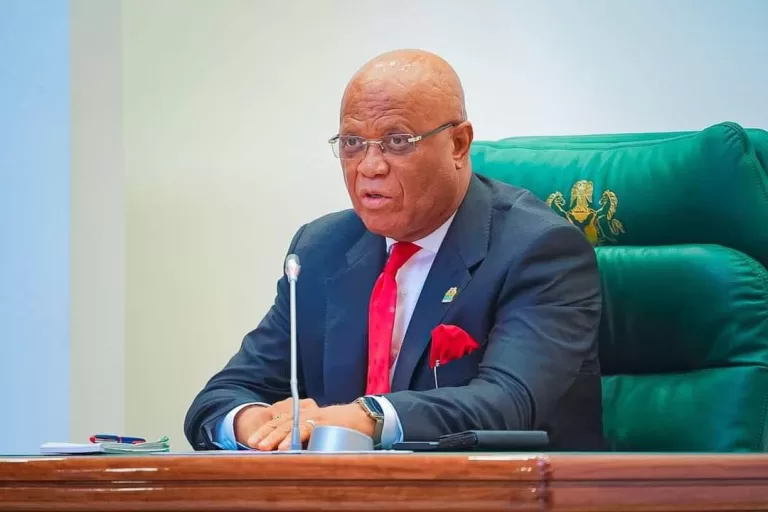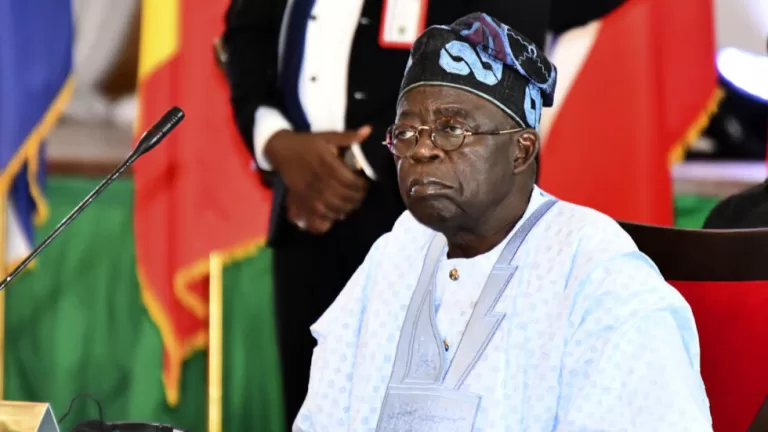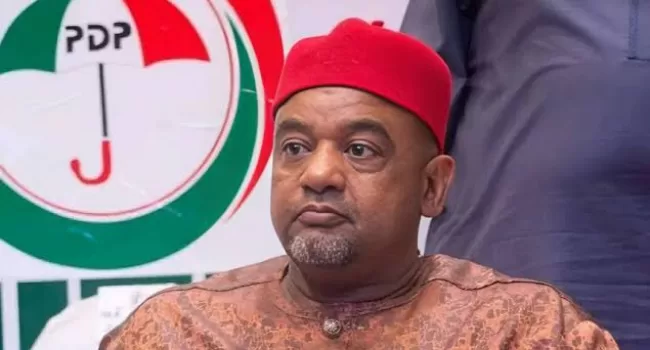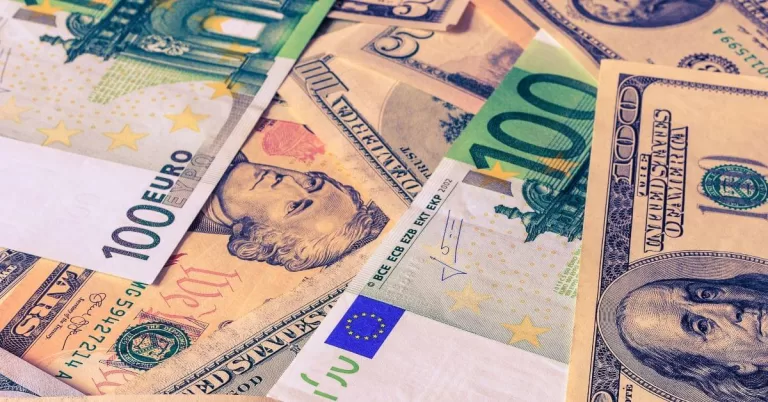
Warri, Nigeria – The political terrain in Delta State is roiling with controversy following Governor Sheriff Oborevwori’s unexpected defection from the Peoples Democratic Party (PDP) to the All Progressives Congress (APC), a move that has triggered intense debate and dismay among political observers and party loyalists alike.
The announcement, which comes less than two years into his first term, has been met with open criticism and a sense of betrayal from within his former party. Among the first to react was prominent Ijaw rights activist, Mr. Austin Ozobo, who took to social media to express his disillusionment. “I never imagined the governor would abandon the PDP and effectively sabotage the party in Delta for personal ambitions,” Ozobo wrote in a strongly worded Facebook post.
Discontent also simmers among PDP insiders, many of whom toiled to secure Oborevwori’s electoral victory. Speaking on condition of anonymity, one party member lamented, “It’s a slap in the face to everyone who stood by him during the legal battles. This feels like a betrayal.”
Some party members questioned the governor’s political calculus, drawing comparisons with former Rivers State Governor Nyesom Wike, who maintained his PDP affiliation while collaborating with President Bola Tinubu. “Banking on informal assurances from the APC ahead of 2027 is a dangerous gamble,” one PDP stalwart warned. “Political promises rarely hold in Nigeria’s volatile terrain.”
Yet, not all reactions were hostile. Sir Sunny Mene, former Organizing Secretary of the APC in Delta State, extended a warm welcome to the governor and his allies. “Political parties are like churches — always open to new converts,” he remarked. “The more, the merrier.”
Oborevwori’s switch, alongside his predecessor Senator Ifeanyi Okowa and several key PDP figures, signals a dramatic realignment of political power in Delta State. The once-dominant PDP now faces a period of reckoning as it seeks to regroup ahead of the 2027 general elections.
This defection not only reshapes the political dynamics in Delta but also raises broader questions about the stability of party loyalty in Nigeria’s democracy.





